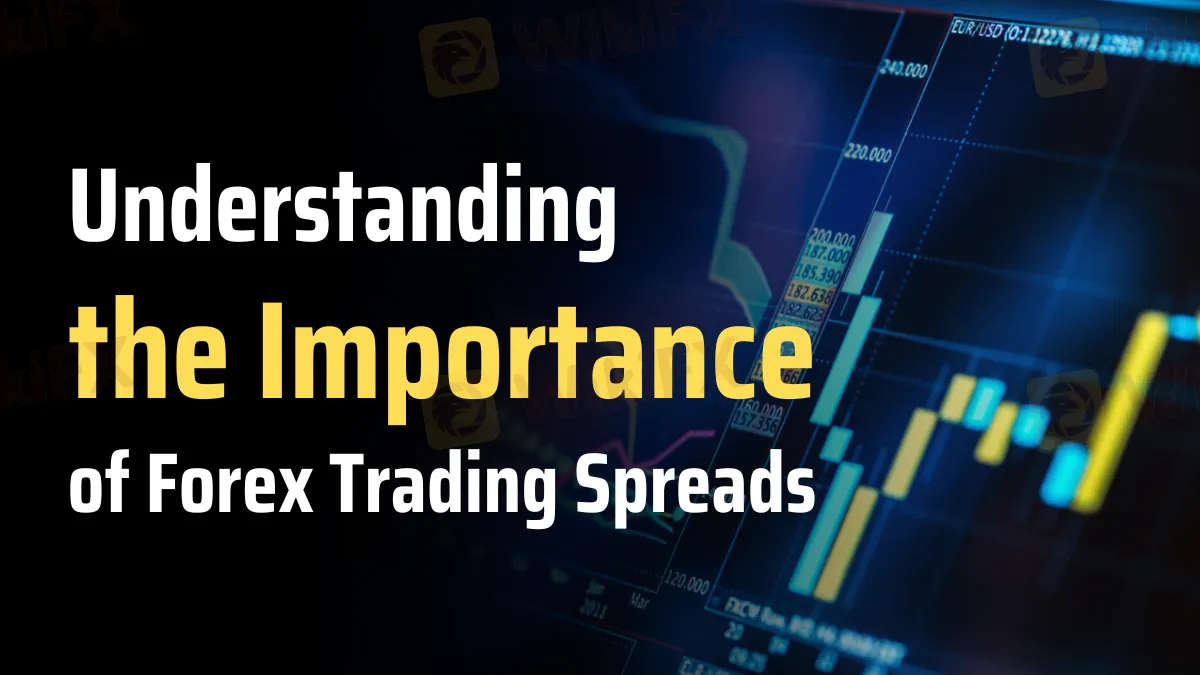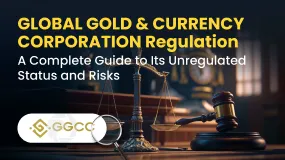Abstract:Understand forex spreads: the difference between the bid and ask prices. Learn how factors like currency pairs, market conditions, and broker choice impact your trading profits.

Spreads are the most important factor influencing transaction profitability in the ever-changing world of forex trading. Simply put, the spread is the difference between the asking price (the price at which a broker is willing to sell a currency) and the bid price. This little difference may have a huge influence on traders' earnings and losses, thus it is critical to fully appreciate its complexity and repercussions.
A Definition of Forex Spreads
In forex trading, a spread is expressed in pips, or “percentage in point” or “price interest point.” It is the smallest price fluctuation that a currency quote may display. One pip is equivalent to one-thousandth of the stated price for the majority of currency pairings. But one pip is worth 0.01 in currency combinations, including the Japanese yen. The spread is the brokerage's cost for executing the transaction and varies according to a number of variables, including trading volume, currency pairings, and market circumstances.
Constants Affecting Spreads
Both broad and narrow spreads are possible, and a number of variables affect this difference:
Currency Pair: Because of their great liquidity, major currency pairings like the EUR/USD usually have smaller spreads than exotic pairs, which have larger spreads because of their lower trading volumes and more volatility.
Hour of Day: Spreads may change all day long. When there is a lot of liquidity, like when the London and New York sessions overlap, spreads are often narrower. Because there is less activity in the market, spreads might widen during off-peak hours.
Market conditions: Volatility in the market due to news, economic, and geopolitical events may result in wider spreads. For instance, rapid changes in liquidity and market mood may cause spreads to expand after important economic releases, such as U.S. non-farm payrolls.
Why Traders Care about Spreads
Forex traders must understand spreads for a number of reasons.
Transaction costs: Cheaper transactions are those with smaller spreads. A smaller spread enables traders to keep more of their earnings since it is basically the cost of trading, especially for high-frequency traders who execute many deals in short periods of time.
Profit Margin: Lower spreads let traders increase their profit margins. This is crucial, in particular for tactics like scalping that depend on minute price swings. A bigger spread might reduce earnings or result in a loss on a deal that would have been lucrative.
Trading Flexibility: Executing trading techniques is made more flexible with narrow spreads. Trades may join and exit positions more readily without worrying about how high spread expenses would affect their overall plan.
Quicker Profits: Tighter spreads allow traders to make more money more quickly if the market turns in their favor. This is so because the market needs to move less in the intended direction to pay transaction costs and make money, the narrower the spread.
Effect on Trading Short-Term
With short-term transactions, the spread's size matters especially. For example, the spread may have a big impact on even a little one-pip gain if a trader initiates a position and keeps it open for a short while. A 0.3 pips spread means that 30% of the earnings are lost on transaction costs. Thus, for traders who use strategies that require quick, frequent transactions, lowering spreads is necessary to maintain profitability.
Selecting the Suitable Broker
Choosing the correct broker may significantly impact trading performance because of the significance of spreads. Particularly for the currency pairs they trade the most, traders should take into account brokers that provide competitive spreads. It's also critical to know the broker's pricing schedule and if they provide variable or fixed spreads. While variable spreads might fluctuate according to volatility and liquidity, fixed spreads never vary.
In conclusion
Spreads are a key component of forex trading that may have a big impact on trading results; they are more than simply a statistic. Traders may make better selections if they know how spreads operate, what influences them, and how they affect various trading techniques. Traders may lower transaction expenses, raise profit margins, and boost overall trading efficiency by paying attention to spreads and selecting the appropriate broker. Gaining knowledge of the elements affecting spreads will continue to be essential to effective trading as the forex market develops.
You may also access the forex educational page here.










